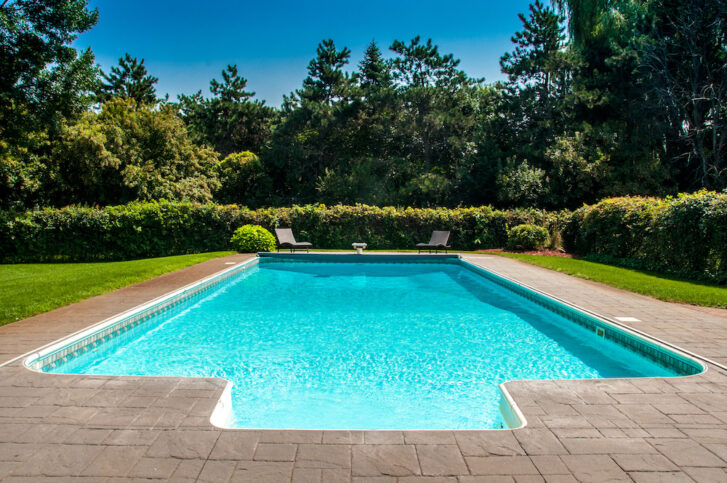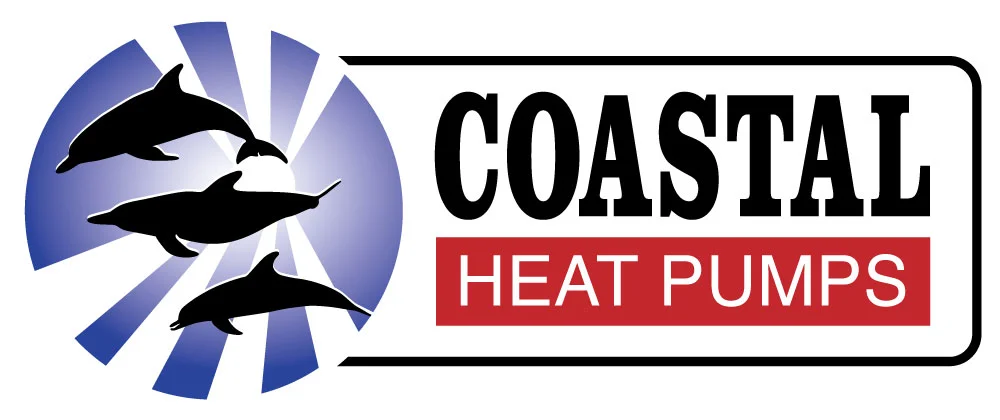
- by Tracy
- Heat Pumps, News, News2
Why Choose a Pool Heat Pump?
A heat pump is a great way to maintain temperatures. You might have heard about their energy efficiency, and how they can help you keep comfortable in a way that’s more sustainable than traditional heating and cooling methods. You might expect, however, that heat pumps are just for homes and buildings.
But you would be wrong! In fact, there are many different applications for heat pumps beyond the heating and cooling of buildings. One of these applications is a heated pool and here’s why.
What is the efficiency to heat your pool with gas? How much does it cost to heat a pool with a gas heater?
The most common method of heating a pool is by using a gas heater. These heaters burn flammable gas like natural gas or propane, and pass water by the combustion chamber to circulate warm water back into the pool. However, they’re best suited for short-term use. Although this is a cost-effective method, it is not the most efficient way to maintain consistent temperatures.
Most gas heaters have an efficiency percentage, which represents how much energy is converted to useful heat. If you have a 75% efficiency heater, that means 25% of the money you spend on fuel is burned to no use. Some heaters get into the 90% range but have a significantly higher purchase cost. Another thing to consider with gas heaters is their lifespan. Some gas heaters may last only 5 years, meaning you must factor in replacement costs too.
What about solar heating?
Solar heating is lauded for its sustainability, though it does have its own complications. A solar collector uses energy from the sun to heat water that passes through, similar to the gas heater. Solar technology has reached the point where installation costs aren’t extravagant, but you must factor in climate, sun availability where you live, local building codes, and space. Unlike other heating methods, it’s incredibly difficult to estimate the cost of a solar heating system for your pool without consultations and factoring in large amounts of data. There’s a very real chance that a solar heating system won’t be very cost-effective for your pool heating needs.
How efficient is a heat pump?
Heat pumps are unique because they don’t generate heat — instead, they transfer already existing heat. Systems of compressors and condensers convert ambient heat to concentrated hot air, which heats the water that passes by. During the season when you’ll want to use your pool, they’re incredibly efficient.
The lower range of efficiency tends to be 300% (so, one unit of electricity that goes in is converted to three units of usable heat) and can get even higher. Additionally, heat pumps can last over a decade, meaning you don’t have to worry too much about replacement as long as you take proper care of your system.
How much more efficient is a heat pump than a gas heater?
The US Department of Energy gives cost estimates for using heat pumps and gas heaters. A pool in Seattle heated by an 80% efficiency gas heater and kept covered out of use is estimated to cost $304 for three months of summer use. In contrast, the same pool heated by a heat pump is estimated as costing $150 under the same conditions — that’s savings of 50%! Plus, heat pumps tend to last longer than gas heaters.
Are you interested in using a heat pump to heat your pool? Coastal Heat Pumps has many different options for heat pumps, and we also offer maintenance services and repairs! Contact us today and we can help you switch to an energy-efficient and sustainable heating system.

